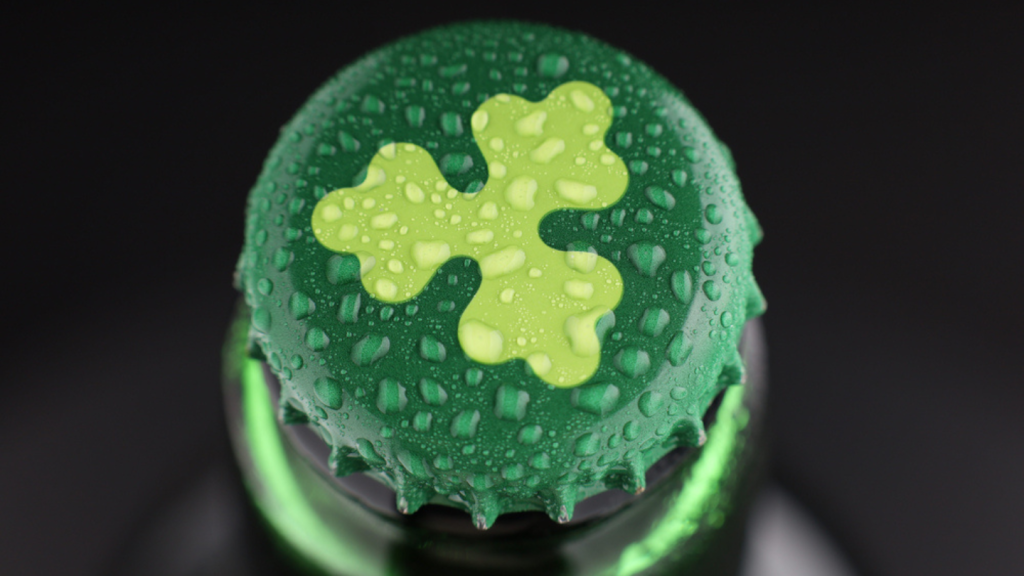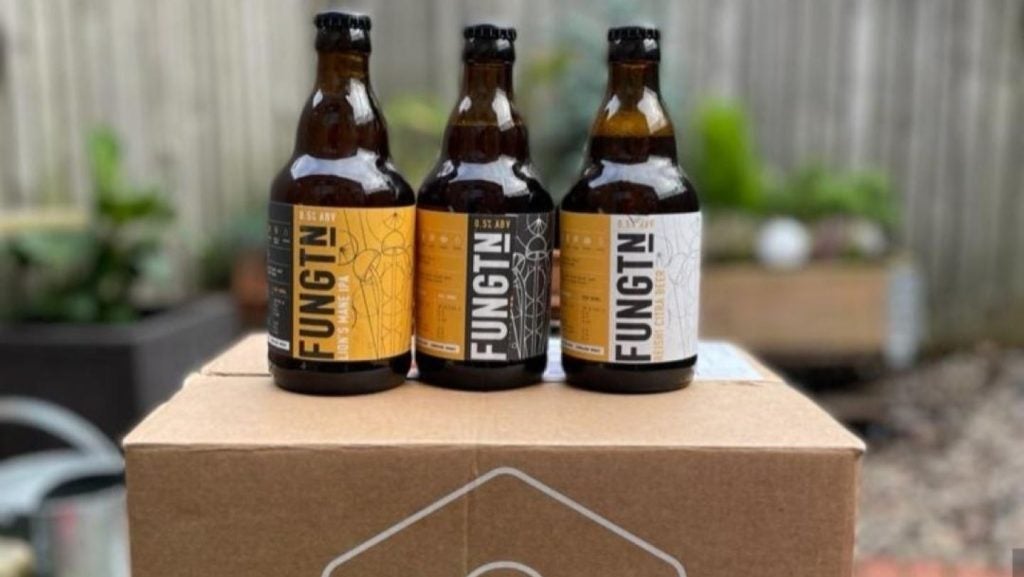A study in the UK suggesting alcohol is more harmful than heroin or crack cocaine understandably captured a huge amount of attention in Britain and internationally. Ben Cooper examines the response to the research from industry and other stakeholders.
The suggestion made by researchers in the UK last week that alcohol is more harmful than heroin or cocaine can be seen as more demonising of the drinks industry or a further reminder that it is the social consequences of alcohol abuse, rather than the clinical ones, that strike the strongest chord with the public, media and politicians.
The study, conducted by the Independent Scientific Committee on Drugs, applied multi-criteria decision analysis (MCDA) to a range of drug harms, and concluded that while heroin, crack cocaine, and metamfetamine were the most harmful drugs to individuals, alcohol was the most dangerous drug overall, followed by heroin and crack cocaine.
The report generated a great deal of press coverage in the UK and internationally, not least because the chair of the Independent Scientific Committee on Drugs is Professor David Nutt who was sacked last year as head of the British Advisory Council on the Misuse of Drugs for publicly criticising the then Labour government’s decision to upgrade cannabis from class C to class B.
The researchers said the findings showed how the improved scoring and weighting approach of MCDA increases the differentiation between the most and least harmful drugs, and that the findings “correlate poorly with present UK drug classification, which is not based simply on considerations of harm”.
While critics suggest the research reflects Professor Nutt’s personal agenda, the question of whether it supports the legalisation of some drugs or tighter controls on alcohol is arguably a matter of debate.
How well do you really know your competitors?
Access the most comprehensive Company Profiles on the market, powered by GlobalData. Save hours of research. Gain competitive edge.

Thank you!
Your download email will arrive shortly
Not ready to buy yet? Download a free sample
We are confident about the unique quality of our Company Profiles. However, we want you to make the most beneficial decision for your business, so we offer a free sample that you can download by submitting the below form
By GlobalDataHowever, drinks industry representatives believe the study’s conclusions to be simplistic and unhelpful.
“The vast majority of people know it’s just not rational to say that enjoying a social beer with friends in the pub or glass of wine over dinner has the moral or societal equivalence of injecting heroin or smoking a crack pipe,” said Brigid Simmonds, chief executive of the British Beer & Pub Association, adding that the “deliberately sensationalist” language risks distorting debate and hampering the discussion of “balanced and proportionate actions that do need to be taken”.
The study, which was peer-reviewed and published in The Lancet, was also criticised by mental health campaigners on the grounds that if heroin and cannabis were more widely available the harms would increase substantially. By the same token, drinks industry advocates claimed the study failed to allow for the fact that the level of harm associated with alcohol reflects its far wider availability.
Speaking to just-drinks, Gavin Partington of the Wine and Spirit Trade Association said: “He [Professor Nutt] seems to equate crack cocaine use and the damage caused by that with alcohol consumption and some of the social and physical harms that arise amongst a minority. The truth is it is massively different. Alcohol is far more pervasive in its consumption across society. It is consumed in moderation by millions of people. The sheer volume who consume alcoholic drinks means there is bound to be a number who misuse it which outweighs the number of people who are consuming or damaged by their consumption of crack cocaine. There’s no relativity here.”
However, Professor Nutt himself says alcohol is the most damaging because it is the most widely available. “Of course heroin is dangerous. What I am saying is in terms of the cost to UK society today, alcohol is the biggest harm. It has such a huge impact on society.”
In the end, this becomes a circular argument. While the research might be criticised for not weighting the social harms of a legally available and therefore far more widely consumed drug, it is reflecting the fact that the widespread availability and consumption of alcohol in itself creates harm.
In this sense, it is arguably not the overall scores that are most pertinent but the fact that alcohol enjoys relative impunity in comparison with some illicit drugs which may in moderation be no more harmful on an individual level. Just as drug harms linked with lower-category illicit substances may be exacerbated by the fact that they are illegal, and can be a catalyst for other illegal activity, the cultural acceptance of alcohol and its widespread use carries its own inherent problems.
But Partington believes the way the research represents alcohol threatens to undermine steps industry has taken to encourage sensible consumption, particularly in the 18-24 age range. “My real fear is that in talking in these extreme terms he [Professor Nutt] is actually diminishing our ability to communicate effectively with people who are at risk from abusing alcohol.” He suggests younger drinkers would find the contention that alcohol is more dangerous than heroin “absurd”.
Of course, the research is targeted at policymakers rather than consumers, and as would be expected, was seized upon by campaigners and politicians calling for tighter control of alcohol.
“What this study and new classification shows is that successive governments have mistakenly focused attention on illicit drugs, whereas the pervading harms from alcohol should have given a far higher priority,” said Don Shenker, chief executive of Alcohol Concern. “Alcohol misuse has been exacerbated in recent years as government failed to accept the link between cheap prices, higher consumption and resultant harms to individuals and society.”
In Scotland, where the Government is attempting to introduce minimum alcohol pricing, the research was taken as a further timely vindication of the move by the ruling Scottish National Party, with the final stage of the Alcohol Bill being debated this week.
A few days after the publication of the research, Professor Nutt wrote in the Guardian: “I have been painted as an alcohol prohibitionist or, conversely, as someone who wants to legalise all drugs. Neither is true, and this misrepresentation is testament to how sterile this debate has become. We must get beyond this. My interest has always been to develop a rational scale of drug harm to enable policymakers to get to grips with a significant social problem, irrespective of legal status.”
If this is a call for open debate, the industry could do no worse than to grasp the opportunity. In the same article, Professor Nutt says the industry has made “no serious attempt to moderate its contribution to the enormous harms caused”. That assertion in particular needs to be challenged. But rather than decrying his work in the hope that he will be marginalised, the industry could engage fully in the debate in the knowledge that policy solutions which allow for the continued responsible consumption of alcohol by the millions of people who enjoy it sensibly will ultimately carry huge popular support.






